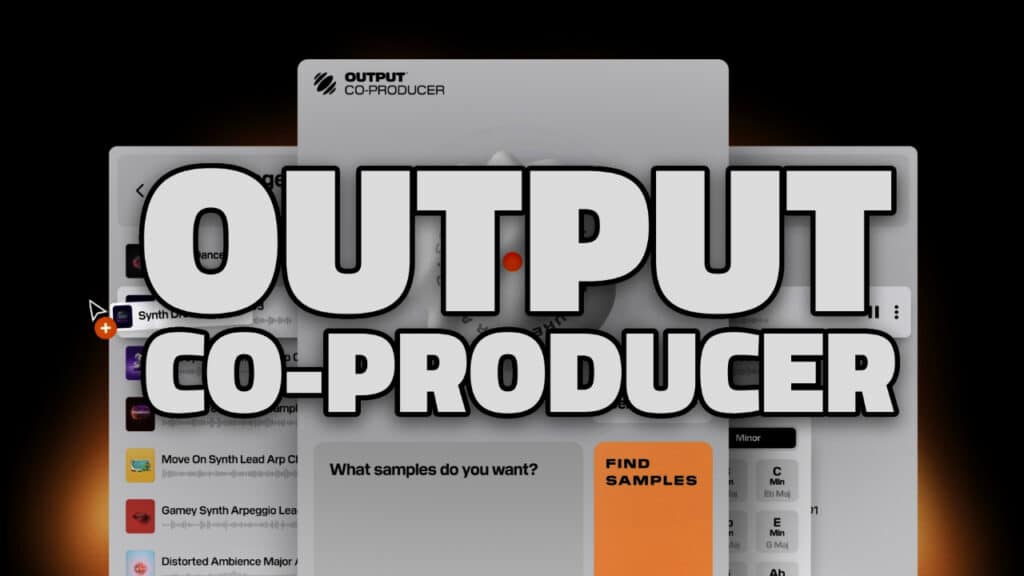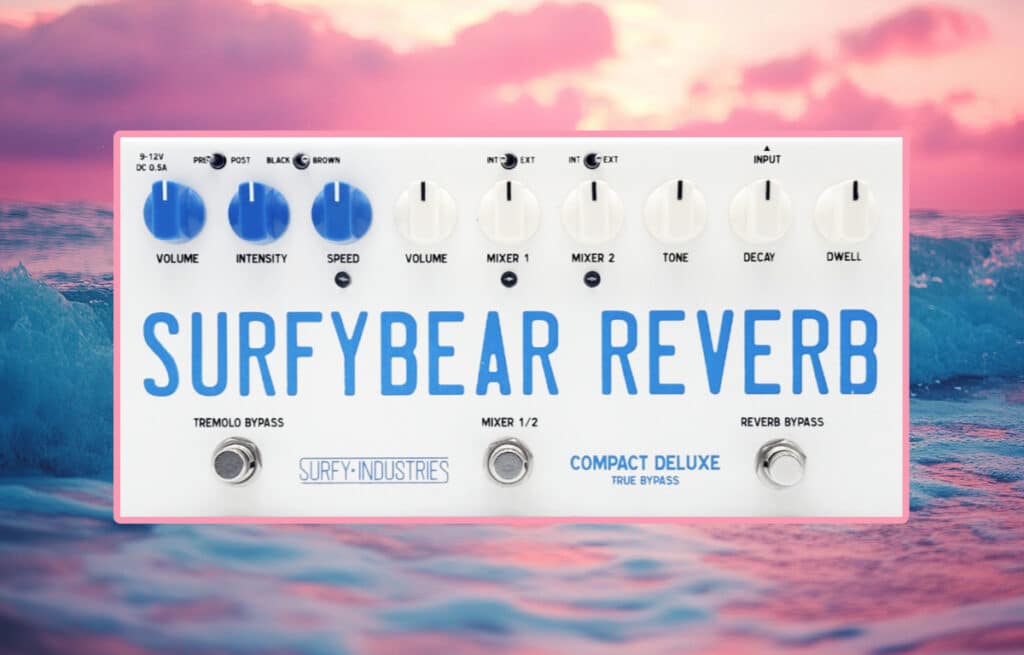I’m asked all the time if a degree in audio production is necessary for success in the music business. The short answer is–not necessarily. Every person enters the field from a unique background and a pre-existing skill set so I would not say there is any one-size-fits-all approach. But one thing is certain–a formal education will never hold you back and will always be an asset.
There are many free and paid tutorials out there on YouTube and elsewhere that a quick Google search will reveal. Subjects cover everything audio-related from plugins, DAWs, sound design, game audio, etc. It could be argued that all the information is there for the taking, so why go through the formal education process? I see people making this point all the time and there is some validity to that mindset. But as someone who has been involved in higher education as a student and professor for many years, I’ll make the case for a degree program and you can decide what’s best for you.
Access to Hardware
Many audio production programs will provide access to professional-grade hardware such as consoles, microphones, preamps, multichannel mixing suites, and other outboard gear that would be cost-prohibitive otherwise. Hands-on knowledge of this sort of gear may not be essential for every field, but if you plan to be a recording engineer it is crucial.
Access to Professional Advice and Critiques
Getting honest feedback from knowledgeable sources is crucial for professional growth. A good instructor can analyze your work, identify problem areas, and provide possible solutions. Knowing what the problems are is the first step towards improvement. You may have a feeling that something is not quite right but have no idea what to do about it. That is when advice from an experienced professional can point you in the right direction.
Well-Structured Curriculum
A well-designed degree program will take you through an incremental learning process from the basics to advanced concepts. Along the way, you will learn to speak the language of audio enabling you to communicate with other professionals effectively. You need to know how to talk about sound in a fluent way, not only for the sake of providing accurate descriptions of a particular situation but to instill confidence in those you’re working with. The power of verbal and written communication seems to be undervalued by many beginning audio students, but learning these skills is one of the most valuable benefits of a formal education.
Learning to Learn
Self-learning is invaluable in a field where technology drives continually changing workflows and methodologies. An autodidactic approach is essential and is something you should continue throughout your career and well after you earn a degree. A formal education not only provides relevant content but teaches you learning strategies and research skills that will enable you to continue to develop throughout your life.
Professional Networking
Everyone knows the phrase–it’s not what you know, but who you know. I would rephrase that to say–it’s what you know AND who you know, that leads to success. This idea is no more evident than in the world of audio and music production. Networking is key to developing a reputation and client base. Talented and knowledgeable people want to hang out with other talented and knowledgeable people, so faking it will only take you so far.
Another point lost on beginning students is that their reputation begins to form on day one of their first class. Instructors and peers begin to form opinions and perceptions of you from the very first meeting. Are you serious about your work and studies? Are you dependable? Do you make deadlines? Do you go above and beyond the minimum requirements for an assignment? Do you ask relevant and thoughtful questions? Are you able to absorb and implement the concepts being taught? Are you positive and personable? Do you communicate with others in a respectful way? Are you willing to help others in their educational journey? Do you have leadership skills and the ability to motivate others?
If the answer to all these questions is yes–you are well on your way to developing an awesome professional network. And your first gig will likely come from a referral by one of your professors.
Staying Current
Every accredited audio program needs to have regular Professional Advisory Committee (PAC) meetings. These are attended by professionals in the industry unaffiliated with the school and are designed to assess the program’s strengths and weaknesses. The intention is to keep programs effective and ensure students are being trained to meet the current needs of the industry. While curriculum development in many institutions moves at a glacial pace, the best schools remain agile and are willing to quickly adapt to a rapidly changing technological landscape.
AI Technology
Along those lines, AI technology is perhaps the fastest-moving target we’ve ever had to deal with. Changes are happening so fast that a course in AI developed and implemented today might be obsolete tomorrow. This might be a perfect example of the value of “learning to learn” mentioned earlier. Rather than having a class on how to use existing AI technology, perhaps the focus should be on what resources outside of academia should be explored on a regular basis and how traditional career paths are evolving and new ones are emerging.
General Education
In an academic environment, you have the ability to explore many fields at an introductory level. Areas you may not have even considered or known about could open your horizons and expand your preconceptions of what a typical career path might be for you. This is super important, especially for younger students or recent high school graduates.
The worst mindset for a young student is to have tunnel vision regarding a career path. General knowledge can enrich your life and make you a more interesting person to be around. Embrace the opportunity to explore literature, science, communications, and even (gasp) mathematics. Math phobia is one of the biggest impediments to learning I’ve come across as an instructor. Somewhere along the line, certain students were told they were “not good at math” via poor grades in high school or earlier. They were told this so many times they eventually just accepted it as a given. This is bullshit–for lack of a better word. The past is the past so I suggest you get over it and learn what you need to know. There are plenty of numbers in audio and music production, and life in general for that matter.
Internships
I’ve read arguments against degree programs claiming that it is far better to learn from a mentor or internship. What is not mentioned is that legit studios and production houses will favor candidates who are currently enrolled or recently graduated from a degree program.
These are sought-after positions and the candidates need to be weeded out from the start. Think of being the person in charge of hiring an intern and having a stack of 100 resumes in front of you. Self-taught, non-degree people go in one pile and degree people in the other.
The process might seem unfair because as a non-degree person your work may never get heard. A foot in the door may only be possible with a degree or promise of a degree in hand. Many former students of mine landed their first paying gig from an internship, a situation that would not have been possible if they applied as a person off the street.
From the perspective of an employer, a student or graduate appears to have a higher level of commitment to their field. It is also assumed that they have learned the basics necessary for the industry and will be easily trained for their particular business.
Online Degree Programs
Online degree programs have proliferated in recent years. The COVID pandemic has fueled the transition of traditional on-campus paradigms to more hybrid approaches that include distance learning. This is a great thing! Individuals once unable to pursue a degree due to work schedules or life commitments can now do so on their own time. With the exception of access to hands-on experience with studio hardware, a well-structured online program can provide many of the advantages mentioned above. These programs are not just glorified YouTube courses, but well-structured educational experiences that include regular assessments, peer interaction, and personal feedback and critique from qualified faculty.
The online context itself has become a training ground for success as much of the industry now operates remotely. Your first interview will likely be on Zoom. I see this move to remote learning and working as a very positive development for the environment (fewer cars on the road) and quality of life.
The Biggest Misnomer: Degree = Job
This could not be further from the truth. In every field, some people somehow make it through the system and get the piece of paper without adequately absorbing the necessary knowledge or developing the required skill set to be successful. Some fields are more tolerant of mediocrity, but audio and music production is not one of them. The industry is highly competitive and demands a high level of functional knowledge. While a degree may get you an interview and even a job, it won’t help you keep that job if it becomes apparent you have not adequately prepared yourself for success. Note that I use the term “prepared yourself” here. A school cannot force you to be prepared, it can only present the material and context in which you can learn and thrive. Your success is ultimately a function of your own due diligence and perseverance.
Future Teaching Positions
A career in audio or music will hopefully span decades. But as you get older you may want to change directions and explore teaching in higher education. I personally came to teaching at the age of 51 after being active in the industry for 20 years and thanks to earning a Master’s Degree in my 30’s, I’ve been able to develop and maintain a teaching career ever since. Most higher education institutions will require a degree of some sort to teach, primarily to maintain their accreditation status. While industry experience is also factored into hiring decisions, the weeding-out process may eliminate you before your resume ever sees the light of day. If you decide early on that teaching is for you, I suggest going for the terminal degree in your field.
Does Career Path Matter?
There are many career paths in this industry including music production, live sound, sound design, game audio, post-production, mix engineering, mastering, audio forensics, music therapy, and more. If you are an independent artist/producer there is nothing that says you need a degree to be successful. You may strike gold with your very first production. But in the meantime, why not devote your energy to immerse yourself in a well-structured learning environment and earn a qualification you will carry for the rest of your life?
The Cost of a Degree in Audio Production
I don’t know anyone who has regretted getting a formal education. Even those that end up in other fields can capitalize on an earned degree. I applaud those that have been successful without the piece of paper and there is certainly some validity to the idea that everything you need to know is freely accessible online. As I see it, the only real downside to earning a legit degree is the cost. Education is expensive–no argument. Unless you’re a veteran or independently wealthy you will likely incur debt–at least in the US that is, where misplaced priorities favor weapons and fossil fuel production over education and healthcare. But I digress…
Paid and Free Online Resources
I am not suggesting that the tutorials you find online are completely useless. In fact, they can be a great way to stay up-to-date on new software releases or to solidify fundamental concepts. Platforms such as Linkedin Learning, Ask Audio, and Coursera can be excellent supplementary resources if you are currently in a degree program and a means to stay current after you graduate. Likewise, regularly reading industry blogs like waveinformer.com (shameless plug) will keep you in the know.
Conclusion – Making an Educated Choice
Deciding on what to do is not easy and there is no “one-size-fits-all” solution. Some people may prefer to be freelance while others want to work with established production houses or studios. Everyone has different aspirations, existing skills, and life situations. So do your research and don’t be afraid to reach out to successful professionals that you respect for their opinions. You’ll find most people are generous with advice and in sharing their own life experiences with enthusiastic beginners. Also, there is a great resource on the AES (Audio Engineering Society) website that lists many excellent schools and programs. Pursuing a formal education is one of the biggest investments in time and money you’ll make in your life, so consider all your options wisely.




